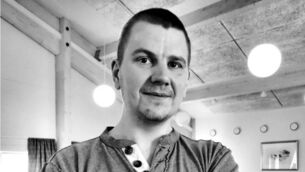Paras colonel stands by Bloody Sunday communications
The officer commanding paratroopers on Bloody Sunday admitted today it was surprising that two of his soldiers did not inform him they shot two men before he ordered other troops into the nationalist Bogside area.
But Colonel Derek Wilford, 69, told the Saville Inquiry his communications were “perfectly adequate” on the day 13 civil rights marchers were shot dead in Derry on January 30, 1972. A 14th man died later.













